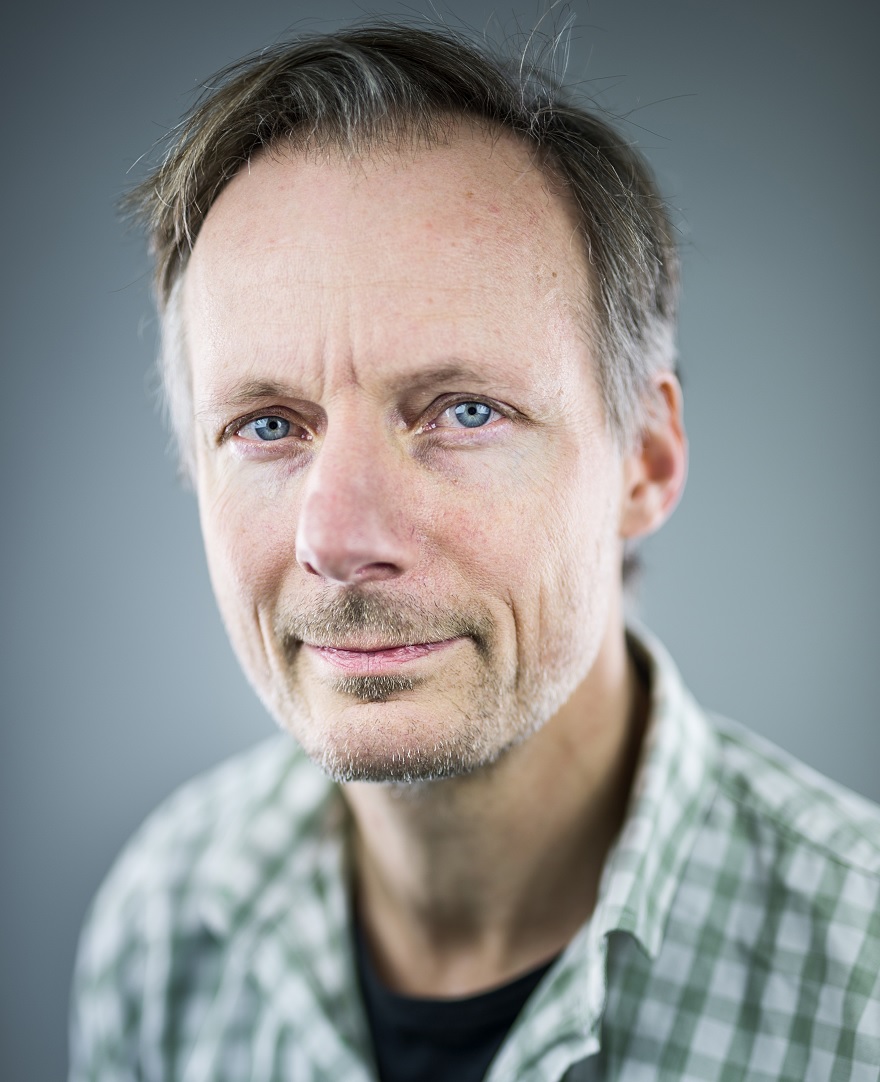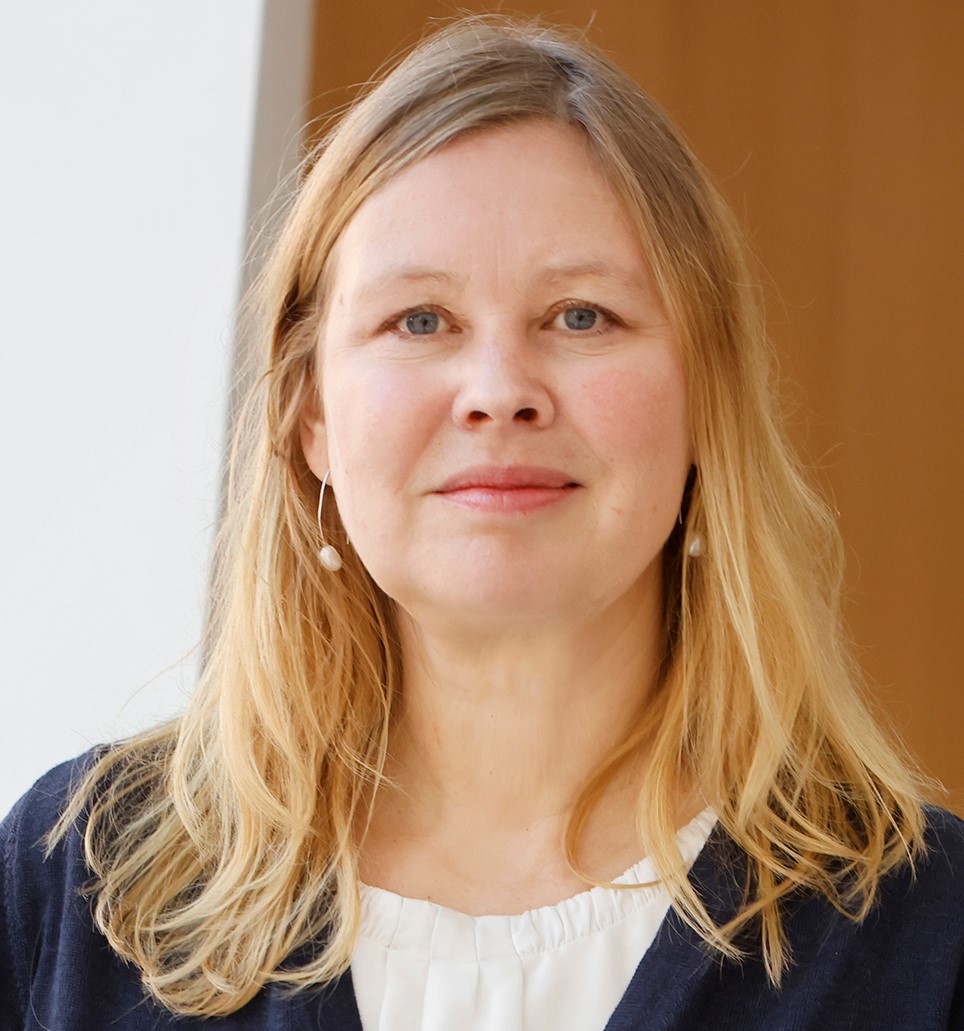Puhujat
The Rise of Casual Democracies. How media transformations affect information, participation and deliberation in local communities

Steen Steensen
Steen Steensen is professor of journalism at the Department of Journalism and Media Studies at Oslo Metropolitan Universities., He holds a visiting professorship at the Faculty of Communication at Bournemouth university in the UK, and an adjunct professorship at Kristiania University College. Steensen has published numerus journal articles and books on topics related to digital journalism, epistemologies of journalism, local public spheres, fact-checking, disinformation and more. He leads the international research project “Source Criticism and Mediated Disinformation” funded by the research council of Norway. His latest books are What is Digital Journalism Studies? (Routledge, 2021), co-authored with Oscar Westlund, and Journalistikkens filosofi [The Philosophy of Journalism] (Universitetsforlaget, 2021), co-authored with Harald Hornmoen. Steensen has a background as a journalist and feature writer for Norwegian newspapers and magazines.
Algorithmic Folklore at the Edge of the Future

Minna Ruckenstein
This keynote speech is in Finnish, slides in English.
This talk introduces the concept of algorithmic folklore, a term that encapsulates the culture of myths, narratives, and future visions surrounding the advent of new technologies. The informational asymmetry in tech development, predominantly controlled by a few corporations provides a fertile field for such folklore, given the pervasive lack of transparency that characterizes the field. The complexity and opaqueness of current developments mean that both experts and non-experts alike contribute to the body of algorithmic folklore. However, the crux of this talk is not to dismiss these collective narratives as mere misconceptions or unfounded speculations. Instead, it posits that algorithmic folklore merits serious attention, serving as a critical vantage point from which to scrutinize the deeply embedded and dynamically evolving cognitive and emotional frameworks, societal practices, and forward-looking aspirations that define our era. By focusing on folklore, we can push back against techno-deterministic visions that reduce humans to passive bystanders and the society as a mere landing zone for technologies. Engaging with algorithmic folklore encourages a reevaluation of the sociotechnical and politico-economic dimensions of algorithmic systems, fostering the exploration of collective visions and pathways to the future.
